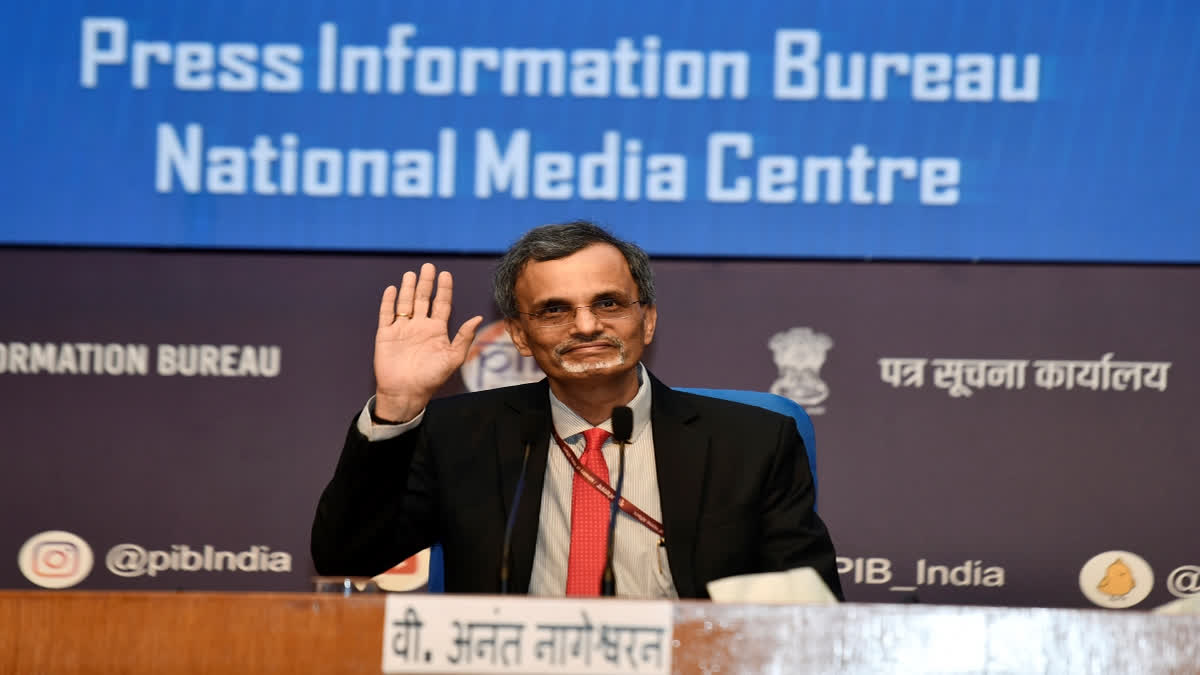Kolkata (West Bengal): The latest economic survey offered a mixed outlook amid significant global uncertainties, economist Abhirup Sarkar said on Monday. In terms of inflation control, Sarkar praised the government's efforts.
Sarkar highlighted the survey's optimistic portrayal of India's economic performance, noting, "The growth over the past year has been impressive, surpassing 8 per cent. For three consecutive years, we've achieved a growth rate above 7 per cent, despite the challenging global environment marked by ongoing conflicts."
Inflation, as measured by both the Consumer Price Index (CPI) and Wholesale Price Index (WPI), remains under control, he said adding though it still hovers above the desired level given past volatility, this stability is noteworthy. Sarkar also pointed to the strength of the country's foreign exchange reserves.
"India's reserves are currently adequate to cover nine to ten months of imports, placing us in a robust position to weather economic fluctuations," he said.
However, Sarkar also pointed out the survey's concerns.
"The survey underscores the issues of high food price inflation and sluggish Foreign Direct Investment (FDI) inflows. These problems are largely driven by global market uncertainties and supply chain disruptions," he explained. Sarkar's analysis also touched on the uneven distribution of economic benefits.
"While growth is accelerating, it disproportionately benefits the upper echelons of society, leaving a significant portion of the population struggling with unemployment and poverty. The government's focus on infrastructure development and industrial growth, rather than direct poverty alleviation, highlights this disparity," he said. The economist also discussed the implications of Artificial Intelligence (AI) on the job market.
"AI presents both challenges and opportunities. Short-term job losses are expected, but AI could create new roles in the long term. It's crucial for the government and private sector to collaborate on training programs to equip the workforce for emerging job markets," Sarkar suggested. Sarkar cautioned that the private sector's drive for profit maximisation might lead to rapid AI adoption with insufficient regard for employment impacts.
Meanwhile, noted credit rating firm CareEdge Ratings projected India's GDP growth to be moderate to 6.5-7 per cent in FY25, with focus needed on social programs, agriculture, and job creation for inclusive growth. The company's economists saw potential to exceed 7 per cent growth in the medium term, urging investment in skill development and reforms in agriculture.
The firm said that inflation may ease, but food prices remained a concern, urging the government to re-evaluate the inflation target. India's external situation is strong, but geopolitical tensions pose risks, it said.



